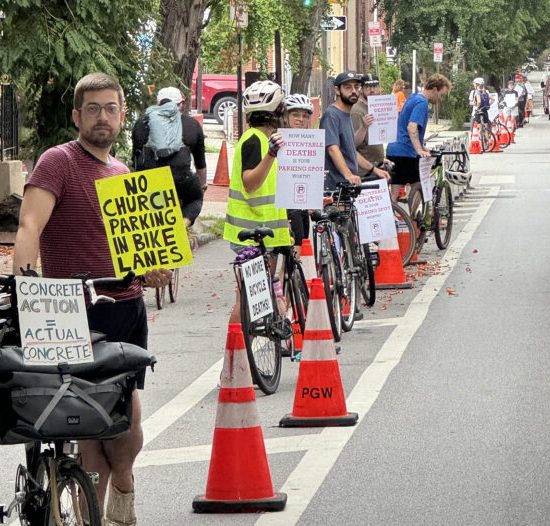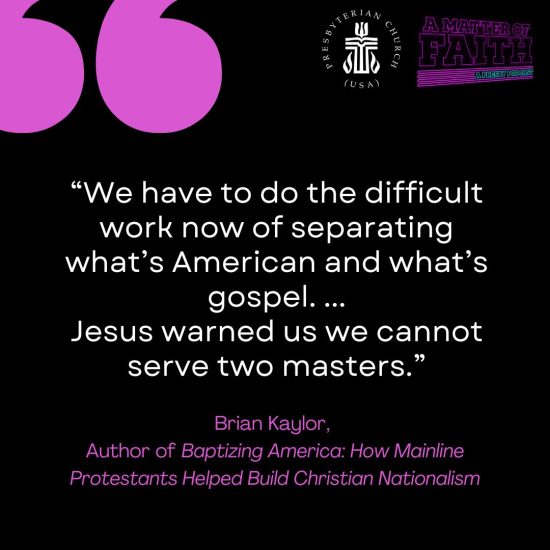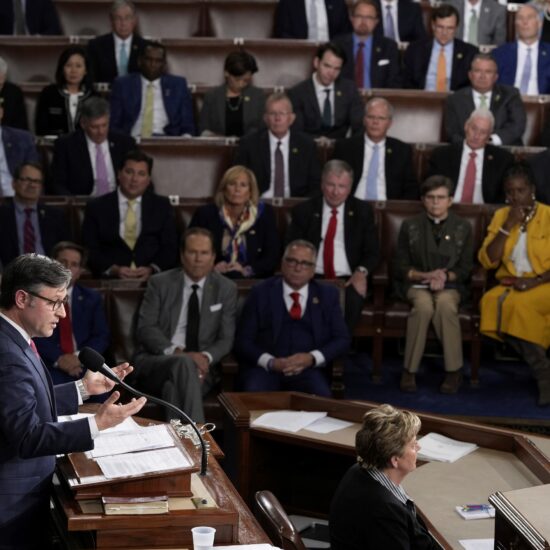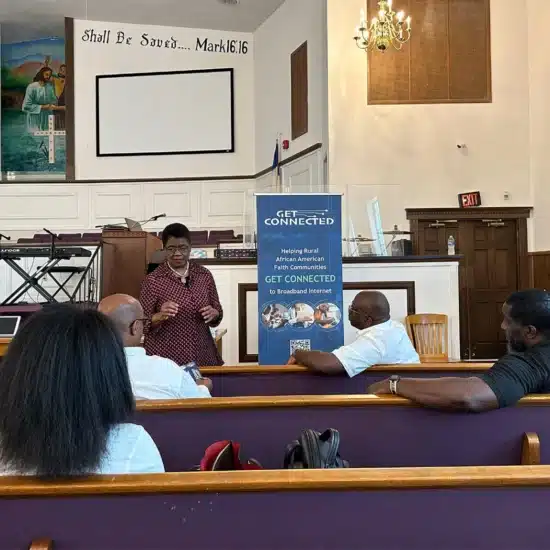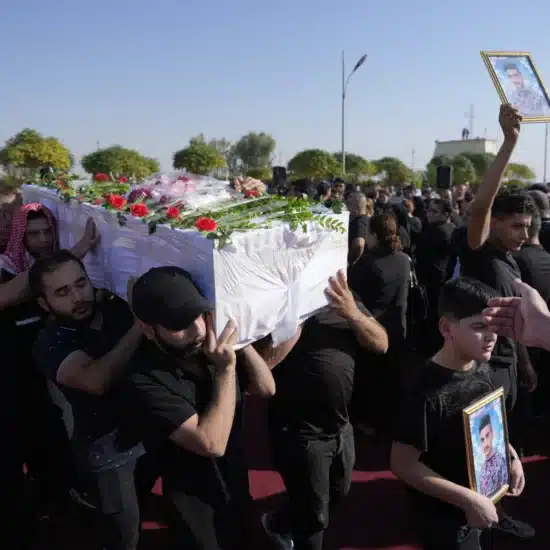RICHMOND — A diverse coalition of pastors and theological educators have launched an initiative they hope will offer a platform for evangelical leaders to “work for a Kingdom-driven, gospel-centered, biblically-grounded theology and ecclesial practice for God’s mission in North America.”
 |
The Missio Alliance will “provide a place for theological dialogue, training and the creation of resources to navigate present and future missional challenges,” said Chris Backert, a key organizer of the effort.
Its inaugural conference, to be held in April 2013 in suburban Washington, will feature an array of presenters, including evangelical heavyweights Alan Hirsch, Scot McKnight and Dallas Willard.
The initiative is a response to the increasingly post-Christian cultural context churches encounter in the United States and Canada, said Backert, who also directs two networks of missional churches — Ecclesia and Fresh Expressions — and works closely with the Virginia Baptist Mission Board in church planting.
“There’s a need to consider afresh what God is doing and calling us to in his mission,” he said. “In recent history we have witnessed increasing fragmentation within evangelical Protestantism and sharp denominational decline. Yet even amidst these challenges, we believe there is a unique opportunity to work toward the renewal of the church for mission in North America.”
Other early organizers of the Missio Alliance include Jim Baucom, pastor of Columbia Baptist Church in Falls Church, Va.; Alistair Brown, president of Northern Baptist Theological Seminary in Lombard, Ill.; Travis Collins, pastor of Bon Air Baptist Church in Richmond; Gary Nelson, president of Tyndale University College and Seminary in Toronto; and Roger Olson, professor of theology at Baylor University’s Truett Theological Seminary in Waco, Texas.
Its leaders said the Missio Alliance will offer an alternative to the Gospel Coalition, another evangelical renewal movement but one with a strong Reformed, or Calvinist, theological stance. Among its leaders are prominent Calvinists Albert Mohler, president of Southern Baptist Theological Seminary in Louisville, Ky.; John Piper, pastor for preaching and vision at Bethlehem Baptist Church in Minneapolis, Minn.; and Mark Dever, senior pastor of Capitol Hill Baptist Church in Washington.
“In our opinion, there is a real need for a more positive, theologically orthodox yet sociologically hopeful, evangelical voice in North America,” said Baucom, whose church is just outside of Washington. “Of late, the loudest voices have been hyper-Reformed, offering what sounds to us like a deterministic and discouraging vision of God, creation and God’s relationship to creation. We find this vision inconsistent with the teaching of Jesus and the whole counsel of Scripture.
Olson agreed the Missio Alliance will offer “an alternative for moderate evangelicals.”
“I don’t mean anything against the Gospel Coalition,” he said. “It’s just that it can’t be a hospitable network for support, cooperation and common mission for moderates. There really isn’t one like that, as far as I know. The Missio Alliance is the best hope we have.”
Backert said that, while the Missio Alliance isn’t a specific response to the Gospel Coalition, the new group “is saying there are other ways of being scripturally faithful, that as evangelicals we are grappling with the realities of post-Christianity on our continent and want to bring some substantive theological reflection and formation to that.”
Added Baucom, “The way I like to describe our vision is as rooted in a core, biblically-informed conviction that God doesn’t just tolerate the humans he created; he actually likes them and desires that none of them be lost.”
Though Baptists have been prominent in the Missio Alliance’s formation, a wide range of denominational traditions are involved, including Wesleyans, Anglicans, Assemblies of God and the Christian and Missionary Alliance. That gives strong momentum to the initiative, said Backert, who added the Alliance will ground itself in the Capetown Commitments, a confession of faith developed in 2010 by the international Lausanne Movement.
“The historic tribes of Christianity — and I mostly mean Protestant Christianity — were created in a world with different issues and they set themselves apart based on those issues,” he said. In a post-Christian context, “new kinds of alliances and connections are forming that didn’t exist 50 years ago.”
“The diversity of our voice is a tremendous strength,” said Baucom, “and by diversity I mean socioeconomic and ethnic as well as denominational. … In some ways, our diversity demonstrates more clearly a vision of restoration and regeneration in Christ than any words we can write or preach could possibly convey.”
The April 11-13 inaugural conference will be held in two locations in Alexandria, Va. — Alfred Street Baptist Church and Downtown Baptist Church — and will feature more than two dozen presenters and a variety of workshops. Among the conference sponsors are the Virginia Baptist Mission Board, the John Leland Center for Theological Studies, George Fox Evangelical Seminary, Fuller Theological Seminary and Northern Baptist Theological Seminary. Ecclesia and Fresh Expressions also are sponsors, as are the Spence Network, a leadership group, and V3, a church planting network.
Robert Dilday (rdilday@religiousherald.org) is managing editor of the Religious Herald.


